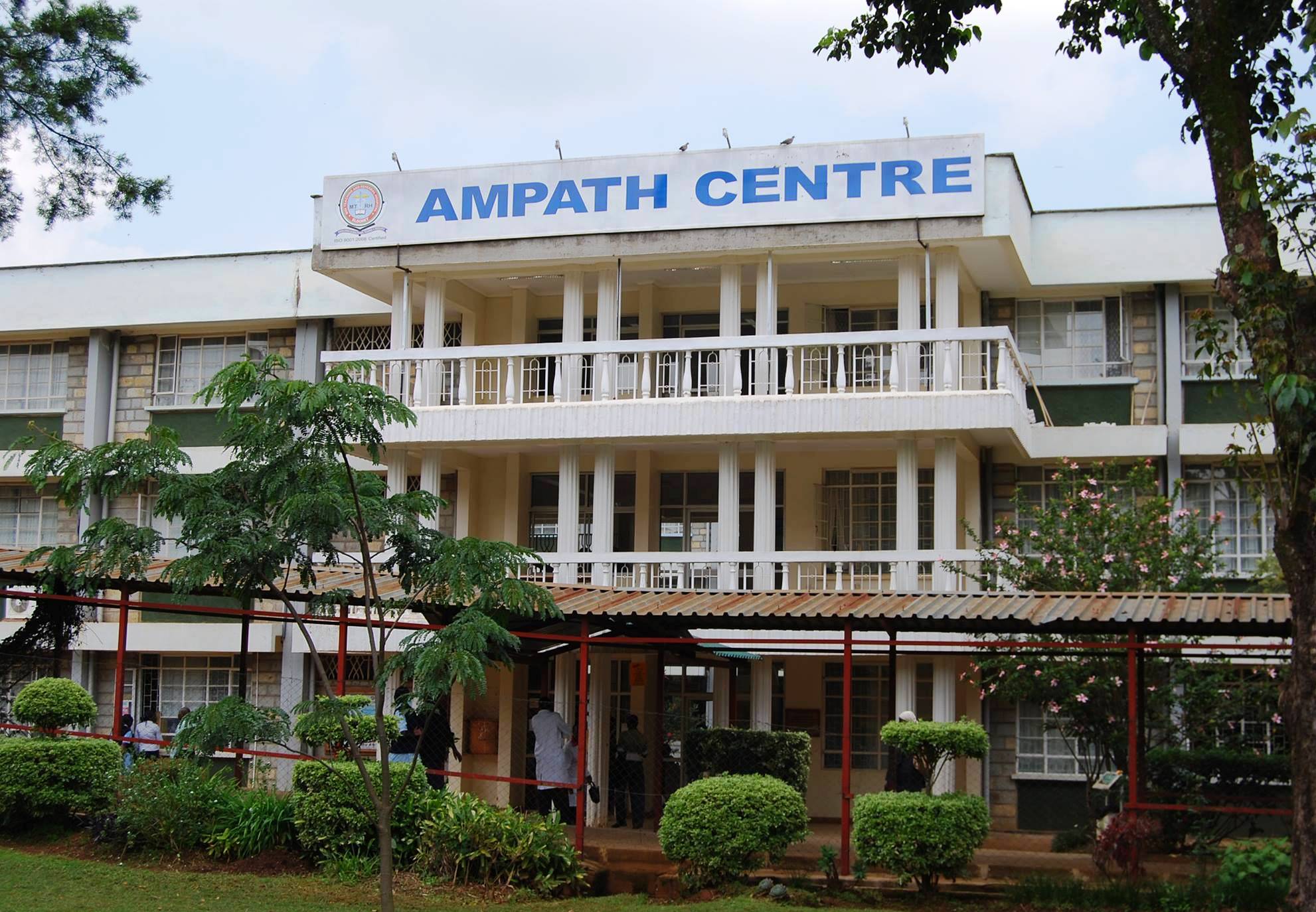A new four-year grant to Moi University and AMPATH Kenya is set to enhance patient-centred primary care in western Kenya by integrating portable point-of-care ultrasound (POCUS) technology. This initiative will involve collaboration with local leadership across six counties to train healthcare workers on the use of this cutting-edge tool to improve diagnostic capabilities in rural settings.
The project is supported by Panorama Global and funded by Novartis, Eli Lilly and Company, and MSD through its MSD for Mothers initiative.
POCUS is a versatile, portable device that allows healthcare workers to capture real-time images of a patient’s internal organs at the bedside. It helps clinicians quickly answer vital questions, such as whether the heart is functioning properly or if a baby is in the correct position in the womb. Used alongside physical exams, POCUS provides immediate diagnostic information that can guide treatment decisions and improve patient outcomes.
The project is scheduled to launch on January 13, 2025, with a training session for 24 healthcare workers at Webuye County Hospital in Bungoma County. This will mark the first of six designated POCUS Innovation Centers in the region. The training will be followed by ten additional sub-county sessions in Bungoma, benefiting 670 healthcare workers. Additionally, 190 POCUS probes will be distributed to rural hospitals, further expanding access to this life-saving technology.
“POCUS enables healthcare workers to visualize and diagnose conditions such as heart failure, breast cancer, and obstetric complications much earlier, which can dramatically improve treatment outcomes and survival rates,” said Dr Hussein Elias, a lecturer at Moi University’s Department of Family Medicine, Medical Education, and Community Health. He is also a principal investigator for the $6.5 million grant.
In low- and middle-income countries like Kenya, diagnostic imaging is often unavailable in rural areas, forcing healthcare workers to rely on physical exams and patient histories. This can limit the ability to diagnose complex conditions such as pregnancy complications, heart failure, and breast cancer early enough to improve patient outcomes.
POCUS technology offers a solution to this challenge. Its portability and ease of use enable healthcare workers in underserved areas to assess conditions on the spot, facilitating quicker diagnoses and reducing the need for patients to travel long distances for specialized care. This can save lives by identifying critical conditions early.
“By using POCUS to assess cardiac function, identify pregnancy complications, or detect a suspicious breast mass, healthcare workers can intervene earlier, improving chances for survival and better health outcomes,” said Daria Szkwarko, an associate professor in Family Medicine at Brown University’s Warren Alpert Medical School and co-principal investigator for the grant.
In partnership with the Global Ultrasound Institute (GUSI), a global leader in POCUS education, the project will build on the Kenyan Ministry of Health’s primary care network. The initiative will create POCUS Innovation Centers at primary care hubs and train 4,000 healthcare workers throughout the project.
The first year of the project will focus on rapid implementation in Bungoma County, prioritizing obstetrical complications in pregnant women, diagnosing heart failure in patients with diabetes and hypertension, and detecting potentially malignant breast masses in women with breast lumps. In total, the initiative aims to conduct over half a million POCUS exams in facilities that have limited access to traditional diagnostic imaging.
“This project targets critical health issues in Kenya, including breast cancer, heart failure, and maternal and neonatal health. Early detection using ultrasound technology can significantly improve survival rates and treatment outcomes, especially in underserved areas,” Dr. Elias added.
In sub-Saharan Africa, breast cancer mortality rates are among the highest in the world, with many women presenting with advanced, untreatable stages of the disease. Heart failure is another growing concern in the region, compounded by rising rates of diabetes and hypertension. Maternal and neonatal mortality rates remain high in Kenya, but studies have shown that introducing ultrasound can reduce fetal deaths by up to 20%.
The outcomes of this project will serve as a model for national and international POCUS rollouts, potentially influencing healthcare in other resource-limited settings around the globe. In addition to improving patient care, the project includes a research component to evaluate the effectiveness of the POCUS approach in training healthcare workers, enhancing patient care, and improving health outcomes in the long term.
“Through this innovative use of ultrasound technology, we hope to make a lasting impact on healthcare delivery in Kenya and beyond,” Dr. Szkwarko concluded.





